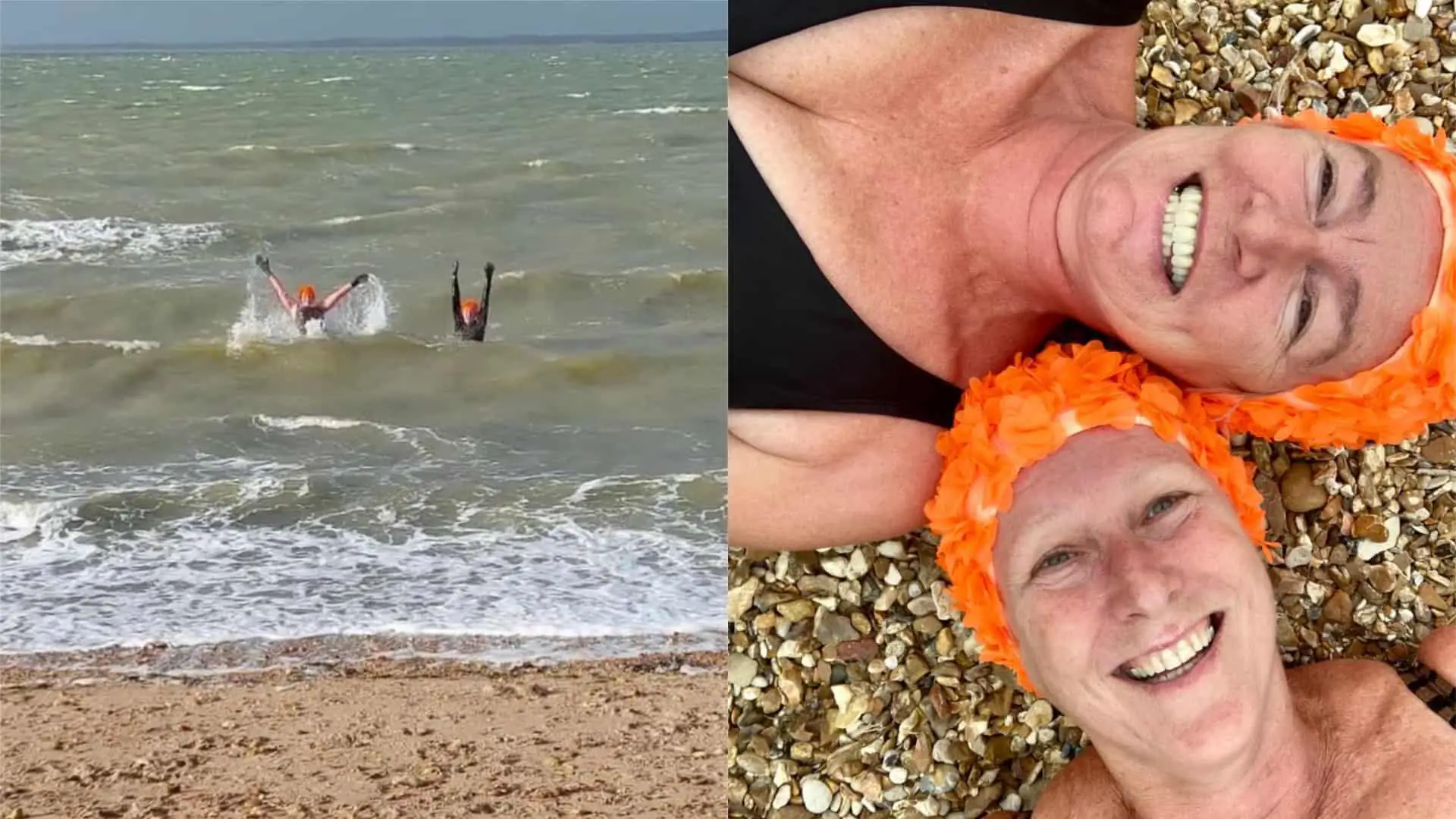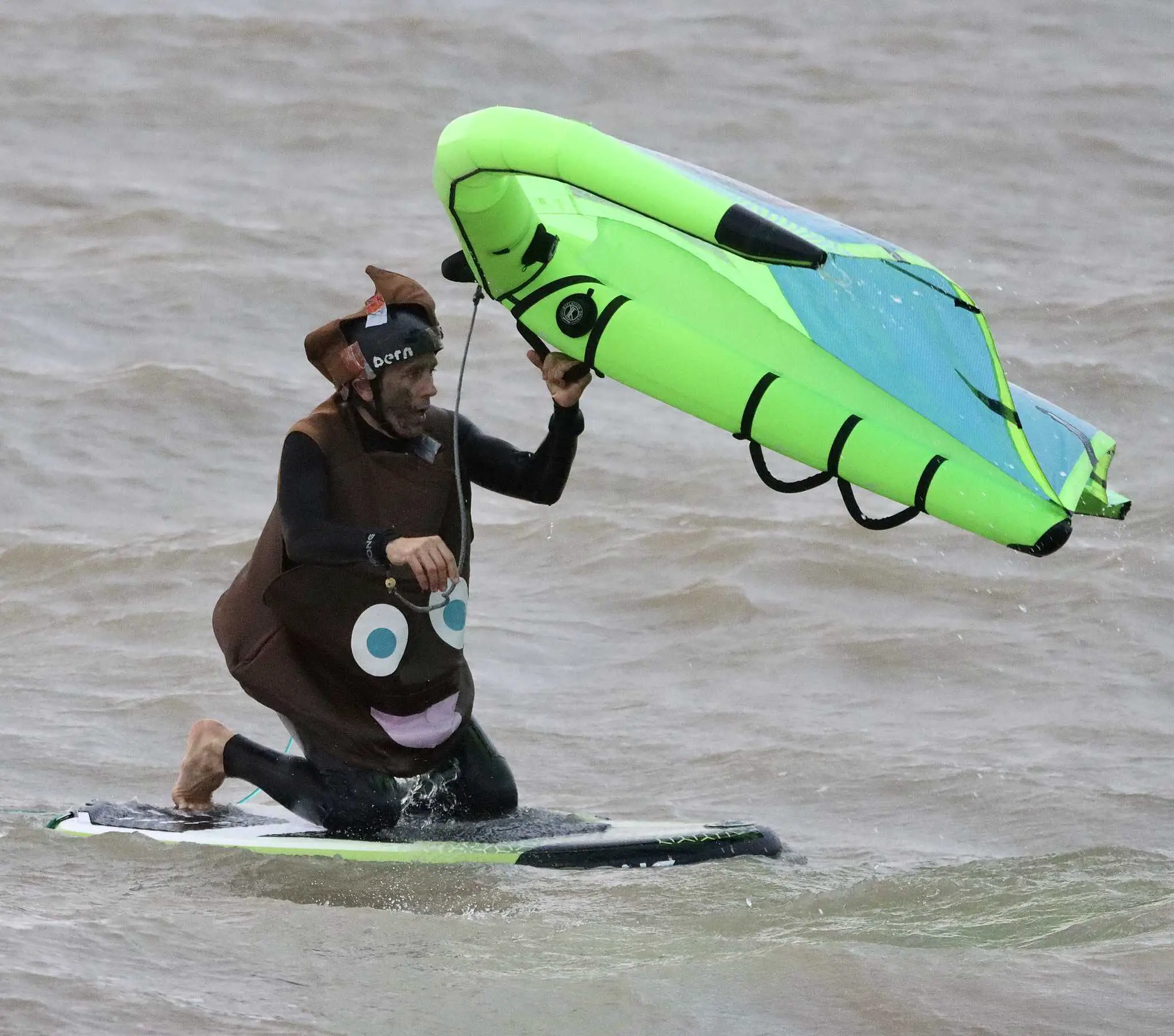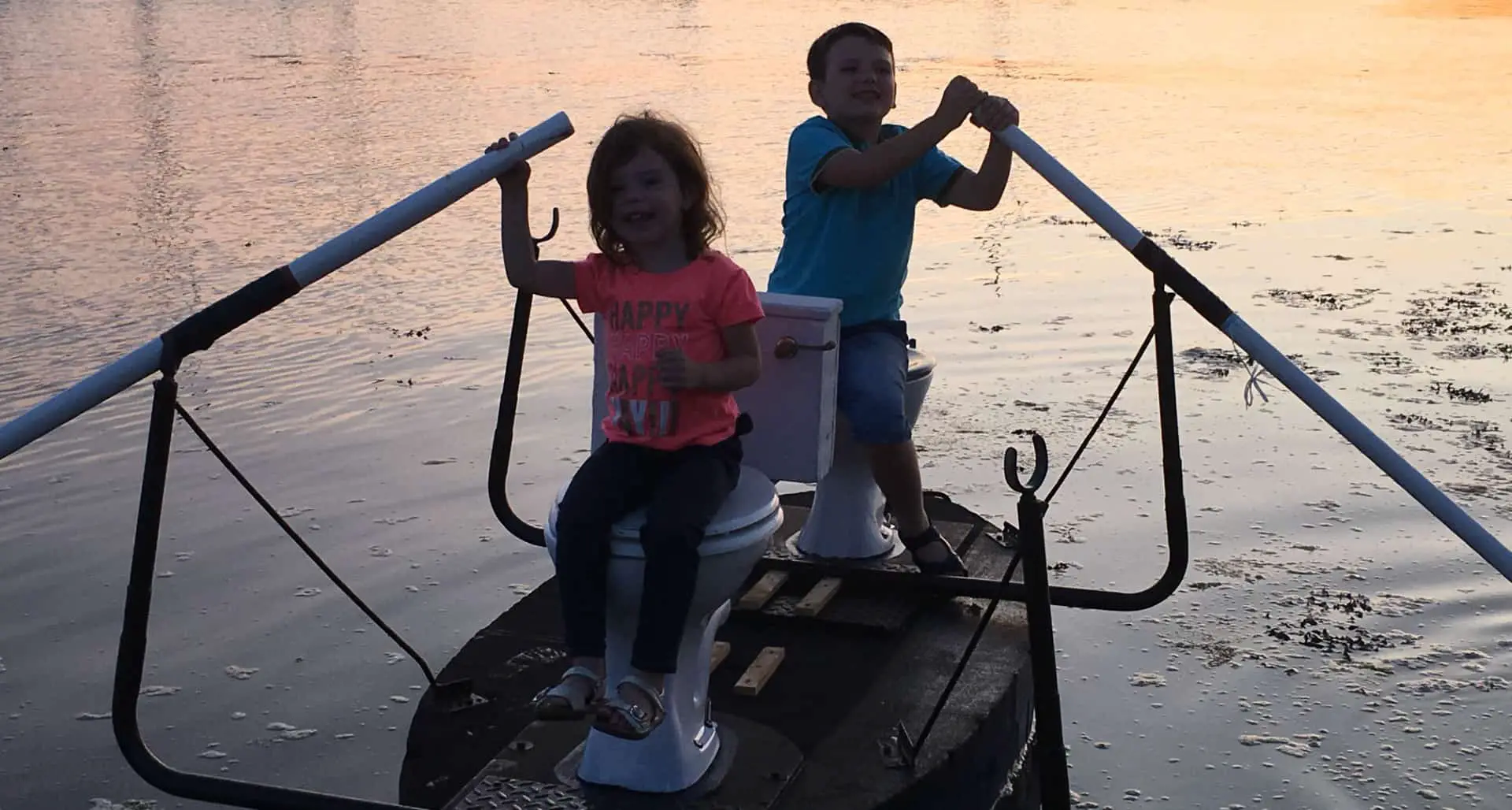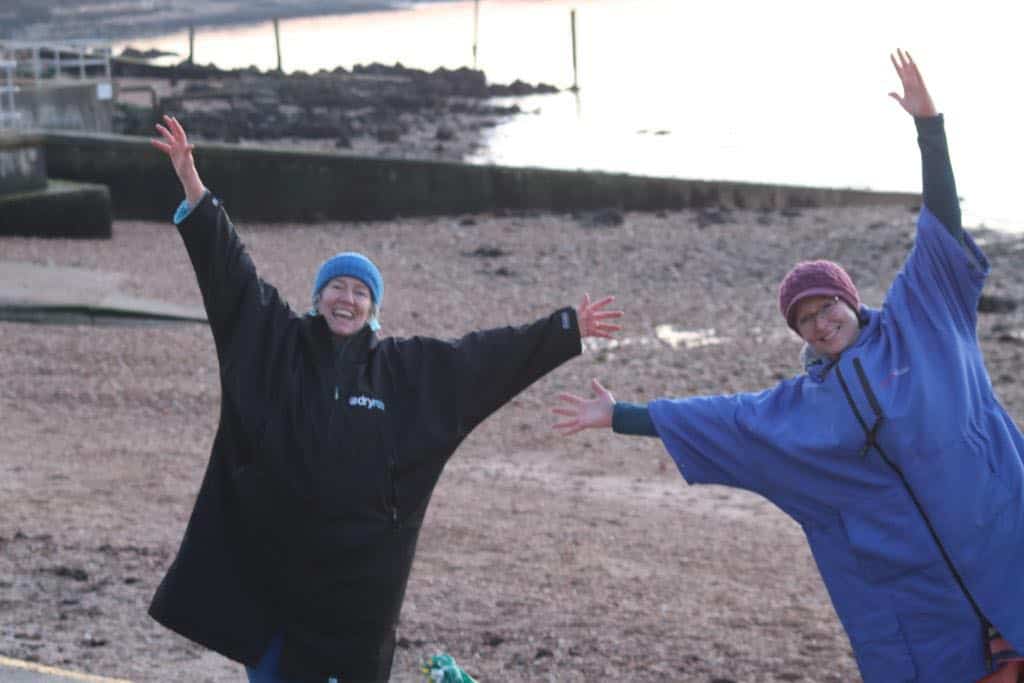A new report released today (Tuesday) reveals that multiple popular inland swimming sites in England are unsafe for water users.
Forty locations were sampled weekly by volunteer citizen scientists throughout the 2023 bathing season. 20 were popular sites for bathing, and 20 were upstream of a nearby sewage overflow associated with the swimming spots.
Of the 40 locations, SAS found that 24 would be deemed ‘poor’ quality were they designated bathing waters, as per Environment Agency methodology. Four out of 20 bathing sites showed a clear decrease in water quality from locations upstream to downstream of a sewage overflow.
The data is released just weeks after the Government announced its intention to diverge from the EU’s standards for monitoring water quality in England.
SAS annual water quality report
Surfers Against Sewage’s (SAS) annual water quality report explores the shocking state of UK bathing waters in a year when untreated sewage was discharged over 399,864 times into UK waterways – the equivalent of more than 1,000 discharge events every day.

The report notes that the majority of overflows in Scotland and Northern Ireland go unreported, meaning this figure is likely a significant underestimate of the true frequency of sewage discharges into the UK’s rivers and seas. In Scotland only 4 per cent of sewage overflows are monitored whilst Northern Ireland Water admits it lacks the ability to record or measure when sewage discharges occur.
Meanwhile, SAS have unearthed documents that indicate that Welsh Water have used emergency overflows – permitted only in the case of catastrophic events – to release sewage into a designated bathing water multiple times over the last two years. The Gwbert Emergency Overflow, which impacts the designated bathing water of Poppit Sands, discharged 24 times in the same number of months, indicating a clear breach of permit.
Bristow: How many times can we say ‘enough is enough’?
Giles Bristow, CEO of Surfers Against Sewage, said,
“Yet again, our annual water quality report reveals the complacency and disregard of governments, water companies and regulators towards the health of rivers and coastlines in the UK – and by extension people’s health. How much do our blue spaces need to suffocate in sewage before those we elect to keep us safe and protect our environment wake up and smell the shit?
“We are seeing failure at every level – from governments and regulators failing to enforce the law, to water company fat cats pocketing dirty money and refusing to clean up their act – with the general public ending up the biggest loser every time.
“How many times can we say ‘enough is enough’? Our leaders need to prioritise transparency, ensure laws and regulations are properly enforced, and prevent water companies profiting from pollution.”

Sicknesses in the UK due to sewage pollution reported to SAS reached 1,924 cases in the last year – nearly triple the number of cases reported a year prior. These cases resulted in 1,987 days taken off sick, which translates to 5 years of work lost to ill health caused by polluted waters. Many of these sicknesses have led to hospitalisation, events cancelled, earnings lost, and businesses closed. As this data just relates to cases reported to SAS, these numbers are likely only the tip of the iceberg.
Willows: It’s like claiming because a gin and tonic has a mixer it is non-alcoholic
Islander Gail Willows says she has experienced health problems after swimming in polluted sea. She said,
“The sea has always been a source of joy and livelihood for us Islanders, it is our playground, but the constant pollution has taken its toll on both our health and our tourism industry.
“I’ve personally experienced the negative effects, from frequent ear infections to losing the desire to swim in our once pristine waters. It’s simply unacceptable.
“Every time I receive an alert on my SAS app, warning of pollution, it’s a painful reminder that the problem persists. Sometimes those alerts happen even when there has been no rainfall. Despite the promises made by Southern Water, I haven’t witnessed any significant changes.
“It’s disheartening to attend public meetings where Southern Water argues that it’s not raw sewage because it’s mixed with rainwater. To me, that’s like claiming a drink with a mixer is non-alcoholic. Our community wants to see change and we are getting the signals of change, but empty targets and distant plans are not enough.
“We demand immediate action and increased investment to solve these issues today, not in some distant future like 2050. We want to watch children jump into the sea, and not gulp and think “oh no what have they just swallowed, will it make them sick.”

Surfer, Jibi Boulton, said,
“We want to show that there are a lot of sea lovers and water users swimming, sailing, surfing and foiling in our coastal water, plus the sea life which we reckon equally want clean water.
“It is paramount that the water companies change the sewage water system NOW to stop sewage overflows.
“On a positive note: thanks Southern Water for the water butt, you installed two at my house and I now rinse my boards, wetsuits and bikes with rainwater!”
Southern Water should pay for swimming pool charges
Becca Cameron’s grandchildren (shown in the photo) came over for their week’s holiday in August 2023. Despite her grandchildren loving to swim, they couldn’t swim in the sea because the Safer Seas and Sewage App said sewage had been discharged, making it unsafe to swim in the sea.
After paying the ferry fare, Becca’s daughter, a single, widowed mum, didn’t have much money left, so having to pay for her children to go to the sports centre worked out too expensive for her.
Her suggestion was that the water company should pay for the kids to swim in the public pool if they pollute the seas. In addition there should be warnings on beaches telling people it isn’t safe to swim.

Becca said,
“Councillor Chris Jarman had made contact with Southern Water with these complaints, and as a result it was confirmed that the company will provide all households in our area water butts free of charge next year.
“Whilst this is a welcome development, we didn’t think that it went far enough in solving the problem. It was noted that during the first day of the summer holiday nearly the whole of the Island’s beaches were deemed no go areas due to sewage/storm discharge and red flag postings. These spills didn’t even correlate with heavy rain fall.”
Becca went on to say,
“There were reports of sewage discharge into the Yar yet the Yar River is not only SSSI but RAMSAR internationally protected and shouldn’t be having sewage dumped into it. FBRA sent letters showing their evidence of discharges at Bow Bridge, School Green Road and Coastguard Lane to Southern Water, Yarmouth Harbour commissioners and our MP. Thank you Huw Jenkins for supplying us with the spill data on these sites.
“Concern is also for the safety of children, swimmers and wildlife being affected.”
She added,
“The Island is a holiday Isle and cleanliness of beaches /seas must be a priority or tourism will suffer. We want to find a solution to the sewage issue. More funding to update sewage system, Bigger holding tanks, water butts given to all residents of Freshwater/ Freshwater Bay/Totland/Colwell.”
Southern Water have confirmed in writing, “The Area Combined Sewer Overflow reduction team of Southern Water will now spend £50m on storm overflow reduction by end of 2025” and “that the following outfalls in West Wight are in this plan: Bow Bridge, School Green Road, Bouldnor and Norton” and, “As Norton pumps all of West Wight, the whole catchment area is effectively in scope”.
The report also highlights the impact that sewage is having on independent businesses, and the livelihoods of those who run them.

Designed to empower communities
This year’s water quality report is designed to empower communities across the UK to put pressure on their local representatives in the lead-up to a general election in 2024.
In the last year, thousands have joined the protest for safer rivers and seas, with over 45,000 emails sent via SAS’s free Safer Seas and Rivers Service app to MPs and water company CEOs, calling for action to protect the UK’s waterways from further pollution.
This year SAS developed the End Sewage Pollution Manifesto, which sets out the policies needed to clean up our rivers and seas. Created in collaboration with environmental charities, sports governing bodies and community groups around the UK, the manifesto suggests a five-point plan to make the UK’s waters healthy and safe to enjoy again:
- Enforce the law and regulations
- Stop pollution for profit
- Prioritise high-risk pollution events
- Empower a nature-led approach to tackling sewage pollution
- Reveal the truth by ensuring UK-wide transparency on sewage pollution.
News shared by Surfers Against Sewage, in their own words, with local stories added. Ed





